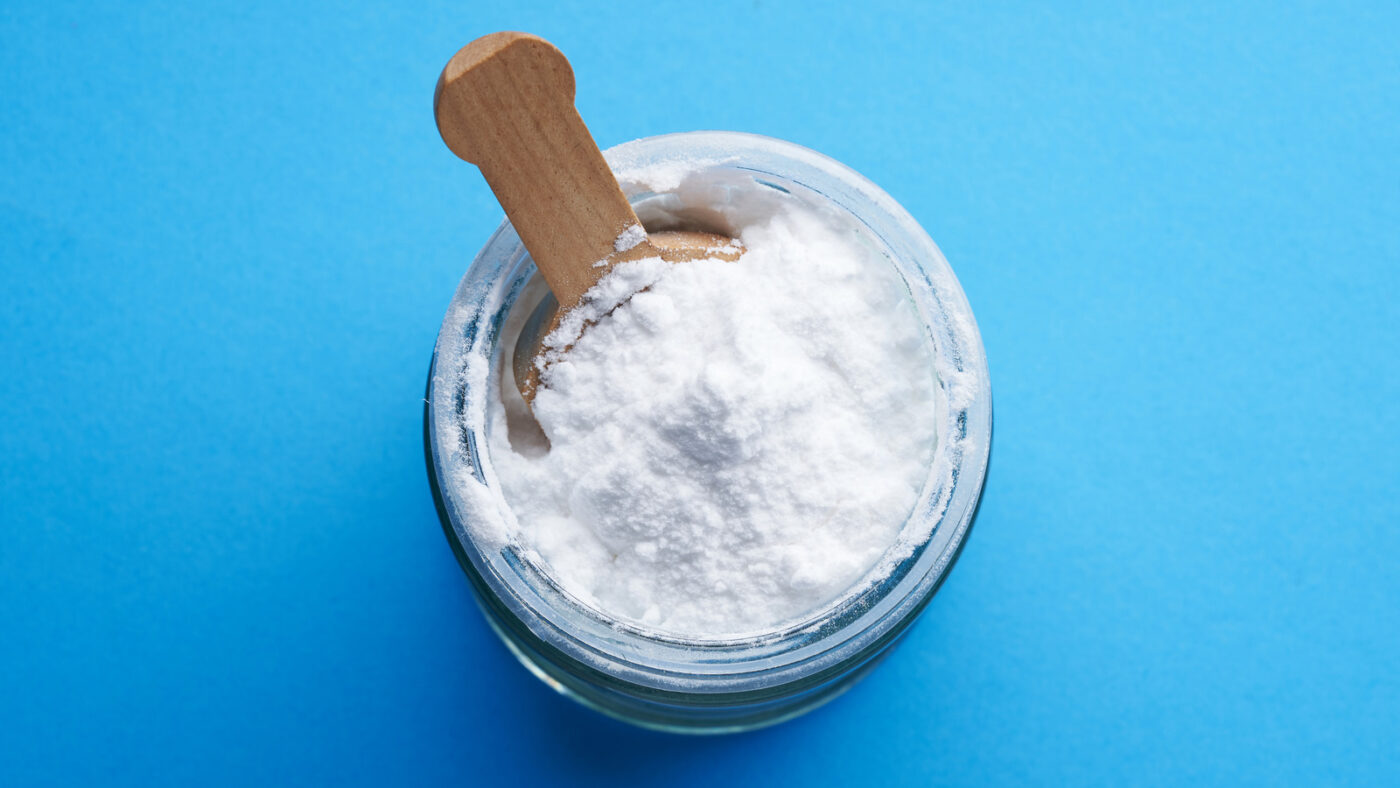Blog
Is Sodium Carbonate Just Baking Soda? – Key Differences Explained
When it comes to household chemicals, many people wonder, “Is sodium carbonate just baking soda?” While both sodium and baking soda have similar applications in cleaning, cooking, and other uses, they are actually distinct compounds with different chemical properties. Understanding the differences between sodium and baking soda is essential for ensuring you’re using the correct one for your needs.
In this article, we’ll explore the key differences between sodium and baking soda, their individual uses, and why it’s important to know the difference. By the end, you’ll have a clear understanding of whether sodium carbonate is simply baking soda or if they are fundamentally different substances.
What is Sodium Carbonate?
Sodium carbonate, often known as soda ash or washing soda, is a highly alkaline compound with the chemical formula Na₂CO₃. Sodium carbonate plays a key role in industrial processes, water treatment, and cleaning due to its strong basic nature. It appears as a white, odorless powder and primarily serves in glassmaking, detergent production, and water softening.
What is Sodium Carbonate Used For?
In its solid form, sodium is much stronger than baking and can cause skin irritation if not handled carefully. “Industries widely use it for its ability to break down grease and dirt, making it a powerful cleaning agent.
What is Baking Soda?
Baking , or sodium bicarbonate (NaHCO₃), is a much milder compound compared to sodium carbonate. It’s a common ingredient in baking, as it reacts with acidic ingredients to help dough rise. Baking soda also serves as an ingredient in cleaning, deodorizing, and personal care products because of its gentle nature and versatility.
Unlike sodium carbonate, baking soda is not as alkaline, which makes it safer to use in food preparation and around the house for cleaning. Its gentle properties also make it a popular choice for use in deodorants and toothpaste, as it helps neutralize odors without being too harsh.
Key Differences: Is Sodium Carbonate Just Baking Soda?
The main difference between sodium and baking soda lies in their chemical composition. Sodium (Na₂CO₃) consists of two sodium atoms, one carbon atom, and three oxygen atoms, while baking soda (NaHCO₃) contains one sodium atom, one hydrogen atom, one carbon atom, and three oxygen atoms.
This difference in structure results in several key distinctions in how these substances behave:
- Alkalinity: Sodium is more alkaline than baking soda. It has a higher pH, which makes it a stronger cleaning agent. On the other hand, baking soda is milder and can be used in food preparation and personal care products.
- Uses: Sodium carbonate is typically used in heavy-duty cleaning tasks, water treatment, and industrial processes, while baking soda is more commonly used in cooking, mild cleaning tasks, and as a deodorizer.
- Chemical Reactivity: Because of its higher alkalinity, sodium is more reactive and can be more dangerous if misused, whereas baking soda is generally safe for most applications.
Is Sodium Carbonate Safe to Use?
While sodium carbonate is a versatile and effective cleaning agent, it must be handled with care. As it is highly alkaline, direct contact with skin or eyes can cause irritation or burns. When using sodium carbonate for cleaning, it’s essential to wear gloves and avoid inhaling the dust.
Additionally, sodium carbonate should never be mixed with acidic substances, as it can create harmful reactions. Always read the label instructions for proper handling to ensure safe use.
Can You Substitute Sodium Carbonate for Baking Soda?
Substituting sodium carbonate for baking soda is not recommended. Due to the significant difference in their chemical properties, using sodium carbonate in place of baking soda can alter the results of recipes or cleaning tasks.
For example, in baking, sodium carbonate is too strong and would likely cause undesirable effects, such as a soapy taste or texture. On the other hand, using baking soda for heavy-duty cleaning tasks would not provide the same level of effectiveness as sodium carbonate.
How to Use Baking Soda in Everyday Life?
Baking soda is known for its versatility and has a variety of uses around the home, including:
- Baking: As a leavening agent, baking soda helps dough rise in recipes for cakes, cookies, and bread.
- Cleaning: Baking soda can be used to scrub surfaces, remove stains, and neutralize odors in the fridge or trash cans.
- Deodorizing: Place an open box of baking soda in closets, shoes, or refrigerators to absorb unpleasant odors.
- Personal Care: Baking soda is used in toothpaste, deodorants, and facial scrubs due to its gentle abrasive properties.
How to Use Sodium Carbonate in Everyday Life?
Sodium carbonate, due to its stronger alkalinity, is best suited for heavy-duty cleaning tasks. Here are some common uses:
- Laundry:Sodium carbonate adds to laundry detergents to soften water and boost the effectiveness of cleaning.
- Cleaning: Sodium carbonate is ideal for removing tough grease and grime from ovens, kitchen counters, and outdoor areas.
- Water Treatment: People often use it in pools and aquariums to balance pH levels.
Conclusion: Is Sodium Carbonate Just Baking Soda?
In conclusion, sodium is not just baking soda. While both substances share similarities in their ability to clean and neutralize odors, they differ significantly in chemical composition, strength, and uses. Sodium is more alkaline and suitable for industrial and heavy-duty cleaning, while baking soda is milder and safer for food and personal care applications.
Follow us on Facebook!

